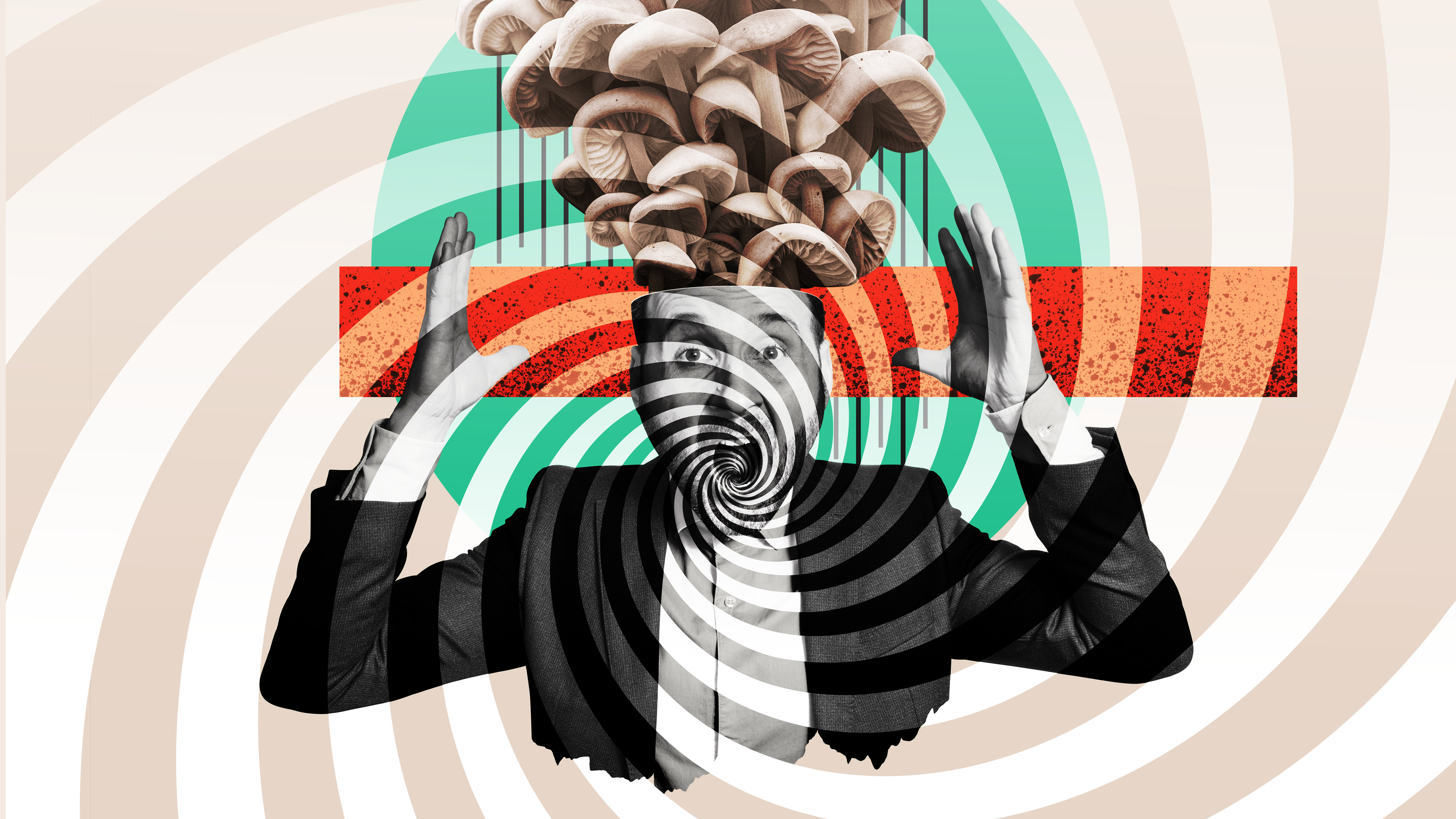“Psychedelic: of, relating to, or being drugs (such as LSD) capable of producing abnormal psychic effects (such as hallucinations) and sometimes psychotic states.”
—Merriam-Webster Dictionary
Among its reasons for rejecting the drug, the government public health watchdog pointed to ecstasy’s ineffectiveness, its health risks, as well as the substandard clinical trial and even sexual misconduct by psychiatrists responsible for the clinical trial.
The Drug Enforcement Agency defines Schedule 1 drugs like ecstasy, heroin and LSD as “drugs with no currently accepted medical use and a high potential for abuse.” The decision on August 9 marked the first time the FDA considered a Schedule 1 psychedelic for medical treatment.
Ecstasy is a party drug, its very name beckoning the unwary to imbibe and experience the “trip of a lifetime.” The UN Office on Drugs and Crime estimates that ecstasy users number approximately 9 million worldwide, the vast majority of whom are teenagers and young adults.
Ecstasy also kills. When mixed with alcohol, for instance, the results are deadly. No sane individual would consider using heroin or LSD as legitimate “treatments” for anything. So why fund a sober and scientific clinical trial for their sister Schedule 1 drug, ecstasy?
Despite the all-too predictable outcomes from tampering with human lives using a lethal drug, those who wanted the party to go on exerted pressure on the FDA to OK ecstasy as “treatment.”
Yet such a clinical trial was funded. And the results were predictable. According to a review from the Boston-based independent nonprofit Institute for Clinical and Economic Review (ICER), nearly 100 percent of the participants in the ecstasy clinical trial experienced “adverse events” (read “disastrous side effects”), the most frequent being anxiety (72 percent), jaw clenching/tight jaw (64 percent) and headaches (53 percent). Others included muscle tightness, decreased appetite, excessive sweating, fatigue and involuntary gnashing or grinding of teeth.
Disturbingly but not surprisingly, “inappropriate therapist behavior” surfaced in ICER’s review of the clinical trial. “One study participant reported an incident of sexual misconduct during a study session, in which the psychiatrist and her unlicensed therapist husband deviated from the study protocol to perform intimate physical contact with the participant during a distress episode, while she was in a mind-altered state under MDMA.... The participant also reported nonconsensual sexual relations occurring with the unlicensed therapist after the completion of the experimental sessions,” ICER wrote.
Also disturbingly, statistics show that such malfeasance in the psychiatric industry is the norm, rather than the exception. According to General Hospital Psychiatry, sexual assault in a psychiatric setting is more than a serious problem, with up to “45 percent of mental health inpatients [experiencing] sexual violence during an inpatient admission.”
The ecstasy clinical trial was even temporarily suspended over concerns for the safety of other participants due to the egregious instance of sexual assault.
But despite the all-too predictable outcomes from tampering with human lives using a lethal drug, those who wanted the party to go on exerted pressure on the FDA to OK ecstasy as “treatment.” Eighty lawmakers sent letters to President Joe Biden and FDA Commissioner Robert Califf, pushing them to approve the psychedelic for prescription use.
The FDA, however, held firm, rejecting ecstasy and responding with a statement that read, “as discussed at the advisory committee meeting, there are significant limitations to the data contained in the application that prevents the agency from concluding that this drug is safe and effective.”
Dr. Walter Dunn, an assistant clinical professor in the psychiatry department at UCLA, blithely acknowledged that ecstasy is indeed harmful but justified the use of it on already disturbed patients by stating there are always adverse effects because “there’s no free lunch in medicine.”
As of August 15, however, the only harm that has come of the FDA’s rejection of ecstasy as “treatment” comes to the company that would have stood to gain the most from its approval: Lykos Therapeutics, a drugmaker that raised more than $100 million for “ecstasy-based therapy.” Lykos was poised to manufacture, market and make a killing with what they intended to convert from a mind-warping party drug to a “medication.” Instead, Lykos will lay off 75 percent of its workforce and its founder, Rick Doblin, will leave the board in the wake of the FDA’s decision.
The psychiatric establishment’s cavalier attitude toward ecstasy’s dangers, coupled with their evangelistic zeal in getting it approved, has clearly cost them. It prompted ICER to comment in their report that participants and providers in the clinical trial treated the matter “more like a religious movement than like pharmaceutical products.”
If psychiatrists are to approach new and dangerous “treatments” as articles of faith, they would be better advised to recommend the counsel of clergy to their patients. At least there, we know there are no life-threatening “adverse events.”






















